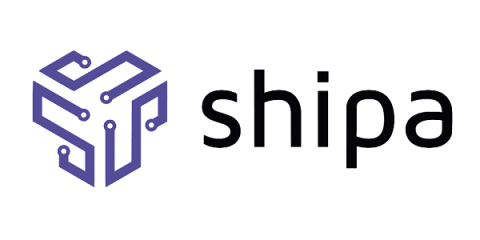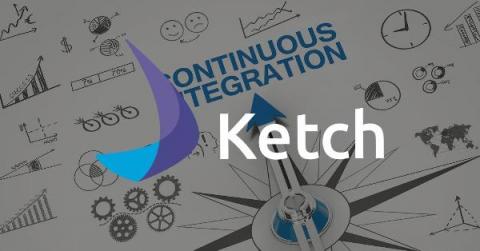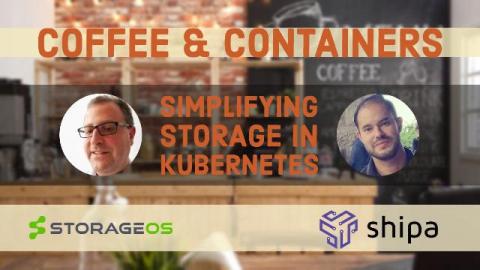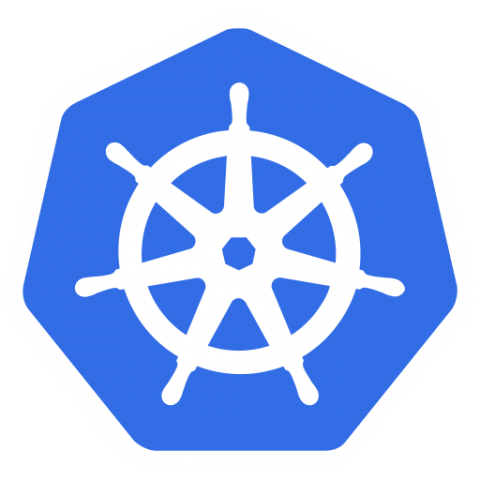DevOps Challenge - Kubernetes Deployment: Ketch vs YAML
Ketch (https://www.theketch.io) is an open-source application delivery framework for Kubernetes. YAML is a human-readable data-serialization language. It is commonly used for configuration files and in applications where data is being stored or transmitted. Customized YAML files are used by many for the complicated task of deploying to Kubernetes.










